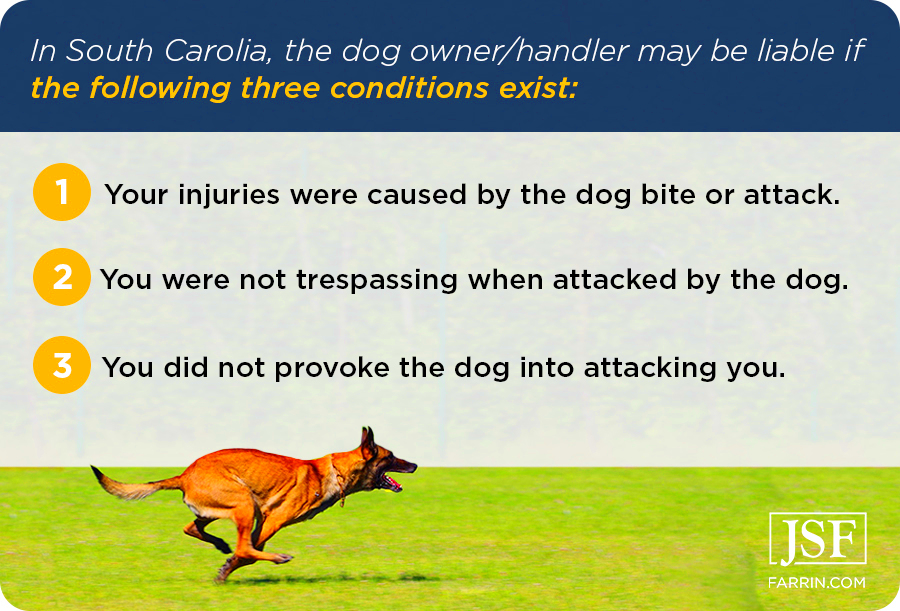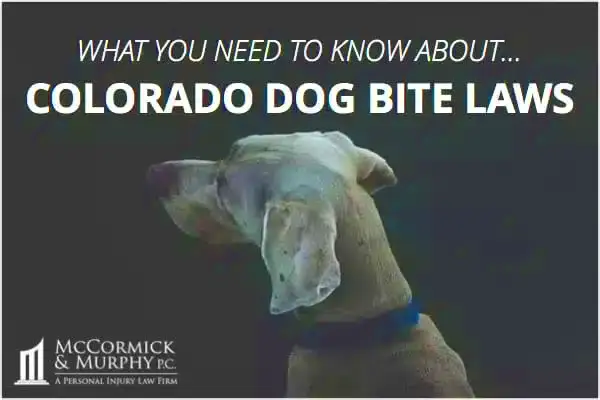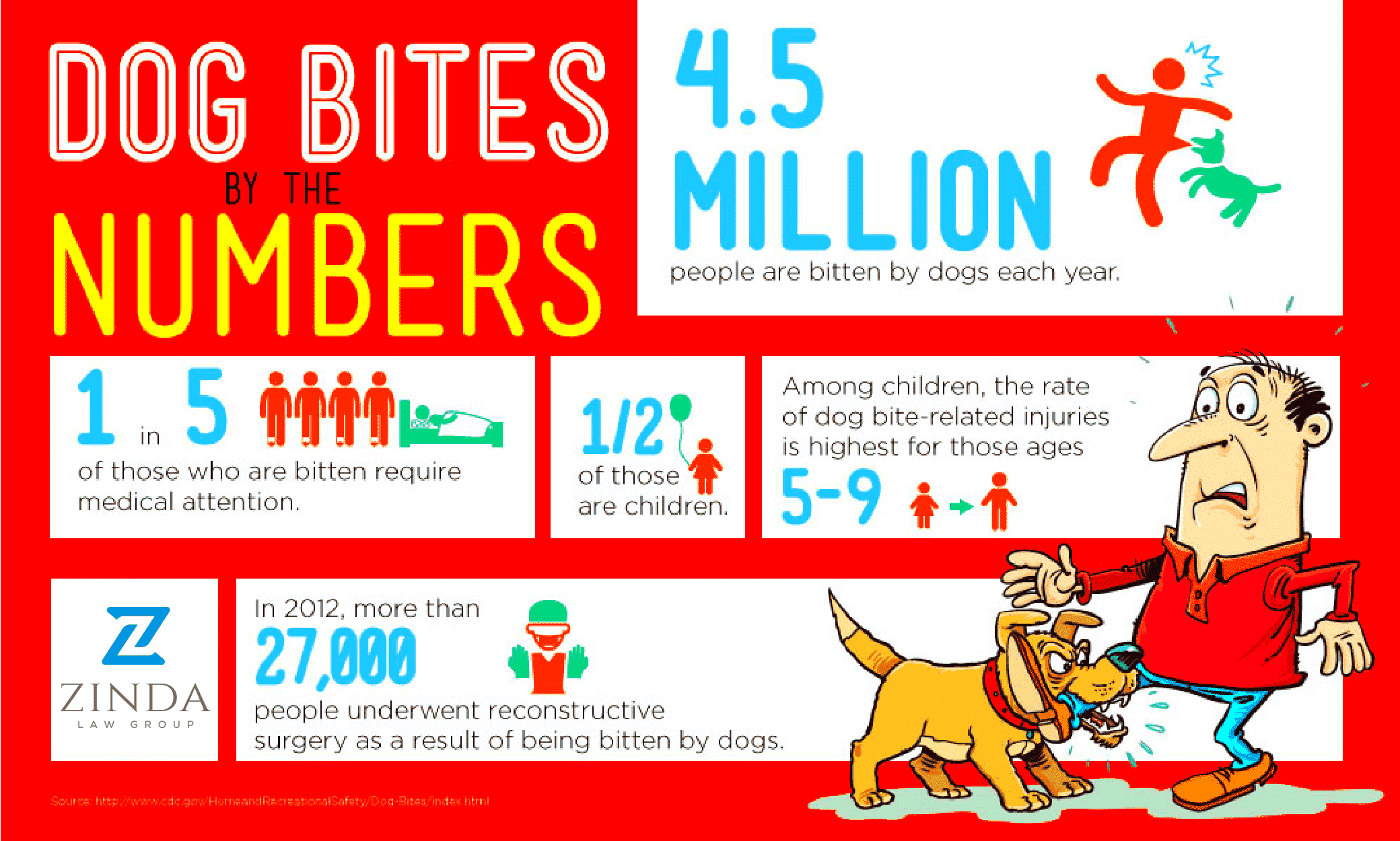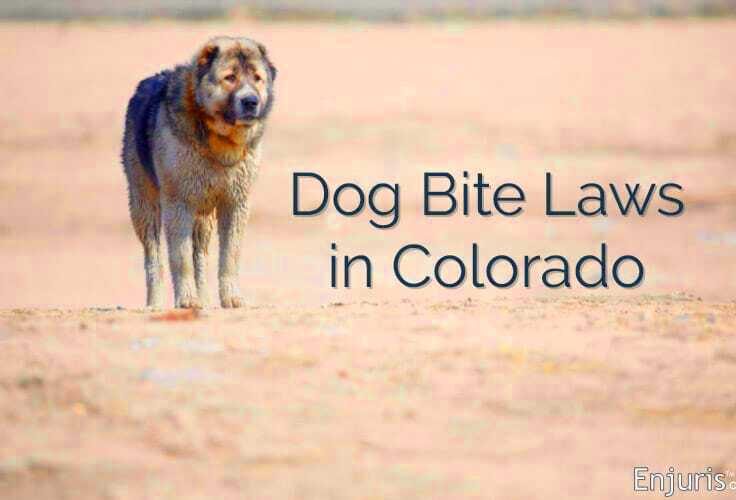Dog Bite Laws in Colorado What You Need to Know
Dog bites can lead to serious injuries and legal complications. In Colorado, specific laws govern how dog bite cases are handled. It’s essential for both dog owners and victims to understand these laws to navigate potential legal challenges effectively. Colorado follows a “one-bite rule,” meaning a dog owner may be held liable if their dog has a history of aggression or if the owner was negligent in controlling their dog. Understanding these laws can help you know your rights and responsibilities in case of a dog bite incident.
Legal Responsibilities of Dog Owners

Dog owners in Colorado have certain legal responsibilities to ensure their pets do not pose a danger to others. These include:
- Leashing Requirements: Dogs must be leashed in public places unless in designated off-leash areas.
- Proper Training: Owners should train their dogs to minimize aggressive behavior.
- Health and Vaccination: Keeping dogs healthy and vaccinated helps prevent rabies and other diseases.
- Awareness of Dog Behavior: Owners should be aware of their dog’s temperament and socialization needs.
If a dog owner fails to meet these responsibilities and their dog bites someone, they may be liable for the victim’s injuries. Understanding these responsibilities helps promote responsible pet ownership and community safety.
Victims Rights After a Dog Bite

If you or someone you know has been bitten by a dog in Colorado, it’s important to understand your rights. Victims have the right to:
- Seek Medical Treatment: You should get immediate medical attention for any injuries sustained from the bite.
- Report the Incident: Notify local animal control or law enforcement to document the incident.
- Pursue Legal Action: You may file a claim against the dog owner for damages, including medical expenses and pain and suffering.
- Obtain Evidence: Gather evidence such as photographs of the injuries and witness statements to support your case.
Being aware of these rights empowers victims to take necessary actions and seek justice for their injuries. It’s also advisable to consult with a legal professional to navigate the complexities of dog bite laws effectively.
Common Defenses Used in Dog Bite Cases

When it comes to dog bite cases, there are several defenses that dog owners might use to protect themselves from liability. Understanding these defenses can help both victims and owners navigate the legal landscape. Some common defenses include:
- Provocation: If the victim provoked the dog, the owner may argue that the bite was a response to that provocation.
- Unfamiliarity: The owner might claim that their dog is typically friendly and the bite was an isolated incident.
- Trespassing: If the victim was trespassing on private property, the owner may argue that they are not liable for injuries sustained while the victim was illegally on their land.
- Comparative Negligence: In Colorado, if the victim was partially at fault (like approaching a dog in a threatening manner), this could reduce the owner’s liability.
It’s important for victims to be aware of these defenses when pursuing a claim. Knowing how these arguments might be presented can help in building a stronger case against the dog owner.
How to File a Dog Bite Claim

Filing a dog bite claim can be a daunting process, but breaking it down into steps makes it manageable. Here’s how to navigate the process:
- Seek Medical Attention: Always prioritize your health and get medical help right away.
- Document the Incident: Take photographs of your injuries and the scene where the bite occurred.
- Gather Witness Information: If there were witnesses, collect their contact details as they may support your case.
- Report the Bite: Notify local animal control or law enforcement to ensure the incident is recorded.
- Consult a Lawyer: It’s beneficial to get legal advice to help navigate the complexities of your case.
- File Your Claim: Work with your attorney to submit a formal claim to the dog owner’s insurance company.
By following these steps, you can ensure that you take the appropriate actions to protect your rights and seek the compensation you deserve.
Compensation for Dog Bite Injuries
When a dog bite occurs, victims often face medical bills and emotional distress. Understanding what compensation you may be entitled to can help you prepare for the recovery process. Potential compensation includes:
- Medical Expenses: This covers hospital bills, doctor visits, and any necessary treatments.
- Pain and Suffering: Compensation for physical pain and emotional trauma resulting from the incident.
- Lost Wages: If you had to miss work due to your injuries, you could claim lost income.
- Rehabilitation Costs: If physical therapy or rehabilitation is needed, those expenses can also be claimed.
It’s important to keep detailed records of all expenses and how the injury has affected your daily life. Consulting with a legal professional can help ensure you receive the maximum compensation possible.
Preventing Dog Bites in the Community
Preventing dog bites is a shared responsibility among dog owners, the community, and local authorities. By taking proactive measures, we can create a safer environment for everyone. Here are some effective strategies to help reduce dog bite incidents:
- Education and Awareness: Educate the public about safe interactions with dogs. Schools and community centers can offer workshops on dog behavior and safety.
- Responsible Dog Ownership: Encourage dog owners to properly train and socialize their pets. This includes exposing dogs to various people and environments to reduce fear and aggression.
- Leash Laws: Support and enforce local leash laws. Keeping dogs leashed in public spaces prevents unexpected encounters that could lead to bites.
- Spay and Neuter Programs: Promote spaying and neutering to help reduce aggressive behavior and the number of stray dogs in the community.
- Dog-Friendly Spaces: Create designated areas for dogs to play and socialize safely. This can reduce tensions between dogs and people in public spaces.
By implementing these strategies, we can foster a culture of safety and respect for both dogs and humans, ultimately minimizing the risk of dog bites in our neighborhoods.
Frequently Asked Questions
When it comes to dog bite laws, many people have questions. Here are some frequently asked questions to help clarify common concerns:
- What should I do immediately after a dog bite? Seek medical attention right away, document the incident, and report it to local authorities.
- Can I sue the dog owner for my injuries? Yes, you may be able to file a claim against the dog owner, especially if they were negligent.
- What if the dog has never bitten anyone before? Even if a dog has no prior history of aggression, the owner may still be liable if they failed to control their pet.
- How long do I have to file a claim? In Colorado, the statute of limitations for filing a personal injury claim is generally two years from the date of the incident.
These FAQs can help you navigate the complexities of dog bite laws and understand your rights and responsibilities.
Conclusion
Dog bite incidents can lead to serious physical and emotional consequences. Understanding the laws and responsibilities surrounding dog bites is essential for both dog owners and victims. By educating ourselves and our communities, we can work together to prevent these incidents. If you find yourself in a situation involving a dog bite, remember your rights and seek the necessary support. Whether you’re a dog owner or simply a member of the community, taking proactive measures can make a significant difference in ensuring everyone’s safety.


